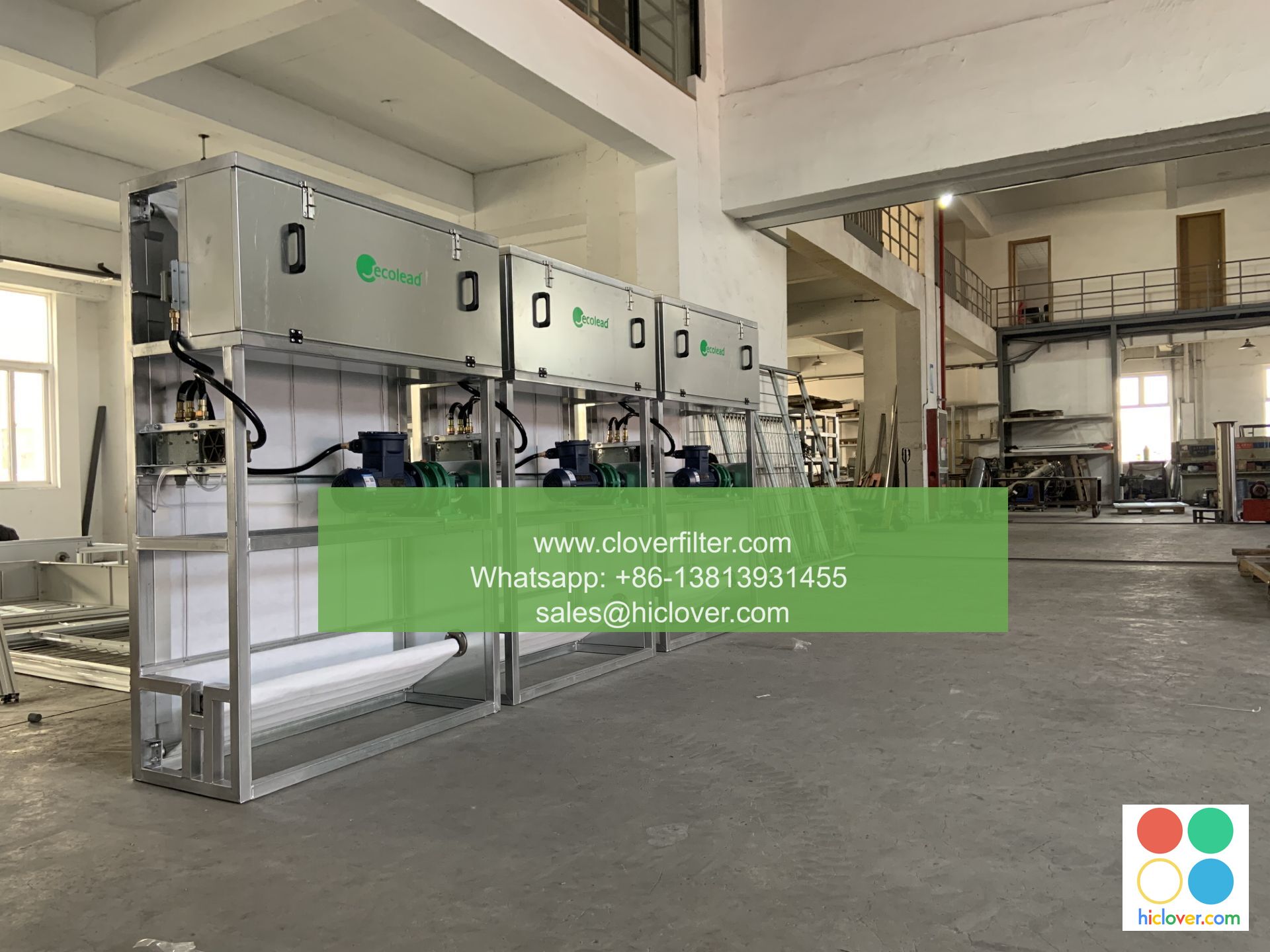The Importance of Air Filter Safety: Why You Shouldn’t Ignore It

The Importance of Air Filter Safety: Why You Shouldn’t Ignore It
Air filters are a crucial part of many systems, from air purification to industrial machinery. They help to remove contaminants, improve airflow, and extend the life of equipment. However, the safety of these filters is often overlooked, and this can have serious consequences. In this article, we will explore the importance of air filter safety and highlight various application areas where it’s essential to prioritize filter safety.
Why Air Filter Safety is Critical
Air filters can fail due to a variety of reasons, including wear and tear, damage, or malfunction. When a filter fails, it can lead to serious safety issues, including:
- Increased Risk of Fires: When filters clog or malfunction, it can cause equipment to overheat, leading to a higher risk of fires.
- Airborne Contaminants: Faulty filters can release airborne contaminants, posing a serious threat to workers and occupants in a building.
- System Malfunction: Failed filters can cause equipment to shut down, resulting in downtime, reduced productivity, and lost revenue.
Key Words: Filter Failure, System Malfunction, Airborne Contaminants, Increased Risk of Fires
Application Areas: Why Filter Safety Matters
Air filter safety is crucial in various application areas, including:
HVAC Systems
Air filters play a critical role in heating, ventilation, and air conditioning (HVAC) systems. Proper filtration helps to remove allergens, pollutants, and other airborne contaminants, improving indoor air quality. Ignoring filter safety can lead to equipment malfunction, system breakdowns, and increased risk of fires.
Industrial Machinery
Industrial equipment relies on filters to maintain proper functioning. Clogged or failed filters can cause machinery to shut down, leading to reduced productivity, downtime, and financial losses.
Aerospace and Aviation
Air filters in aerospace and aviation applications must meet strict safety standards. Malfunctioning filters can compromise equipment performance, increase risk of system failure, and even pose a threat to air travel safety.
Laboratory and Healthcare
Laboratory and healthcare environments require high-performance filters to remove contaminants and allergens. Faulty filters can release airborne pathogens, compromising the safety of patients and laboratory staff.
Precautions and Best Practices
To ensure air filter safety, it’s essential to:
- Regularly Inspect and Replace Filters: Monitor filter performance and replace filters as recommended by manufacturers.
- Use Proper Filter Installation and Maintenance: Ensure filters are installed correctly and maintain proper filter housings and fittings.
- Implement Filter Change Notifications: Establish notification systems for filter changes and replacements.
- Conduct Regular System Testing and Maintenance: Perform regular testing and maintenance to ensure system integrity and detect potential issues early.
Conclusion
Air filter safety is a critical aspect of ensuring system integrity, protecting workers and occupants, and minimizing downtime and financial losses. By understanding the importance of filter safety and implementing proper precautions and best practices, we can minimize the risks associated with air filter failure and maintain safe and healthy environments. Remember, air filter safety is not an afterthought – it’s a critical aspect of overall system performance and well-being.
I’m happy to help! However, I need a prompt to get started. Please provide me with a topic, question, or idea that you’d like to discuss, and I’ll do my best to assist you.
If you’re feeling stuck, here are some ideas to get you started:
* Tell me a joke or a fun fact
* Ask me a question about a specific topic
* Share a personal experience or story
* Discuss a current event or issue
* Ask for recommendations (e.g. book, movie, restaurant)
What’s on your mind?


